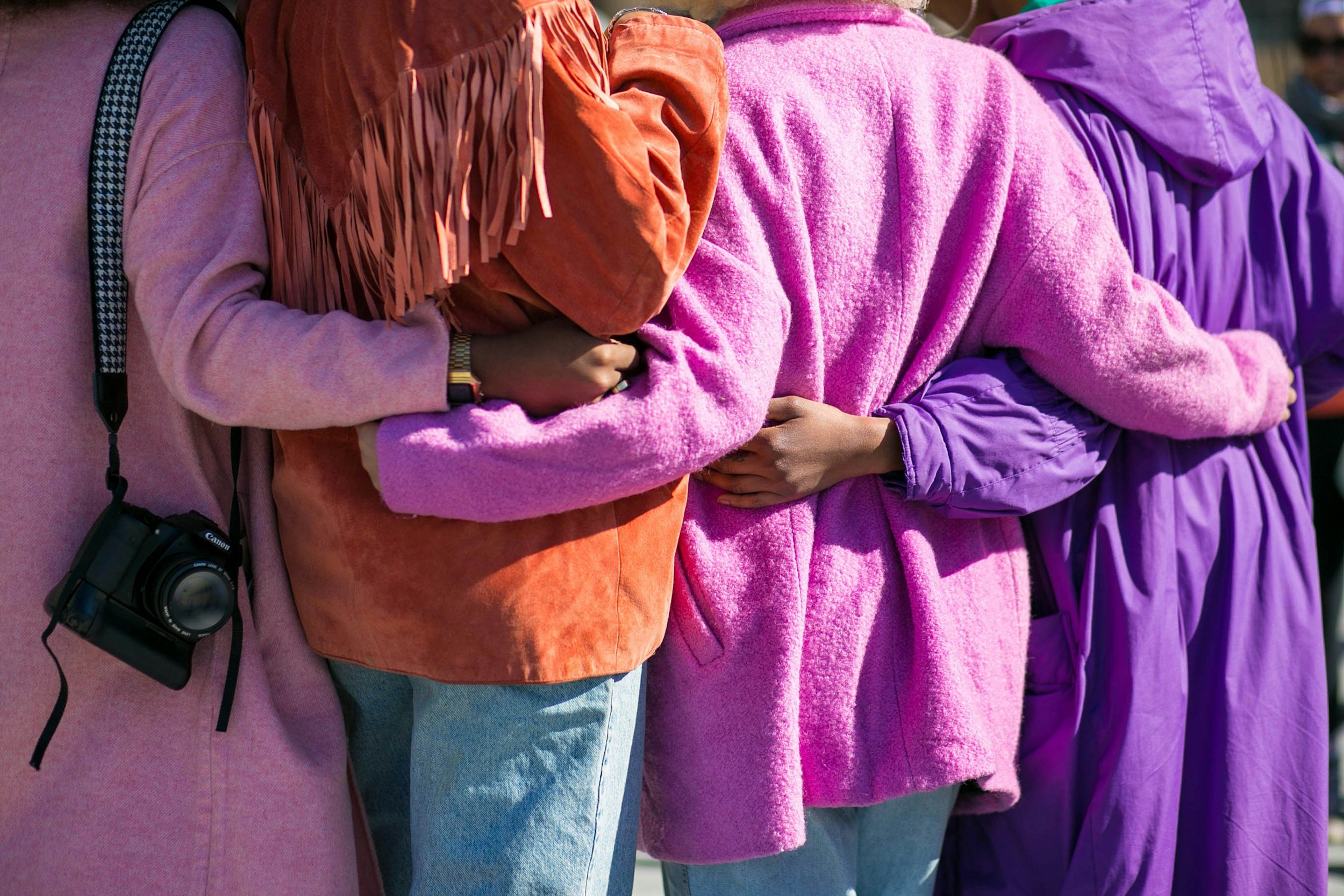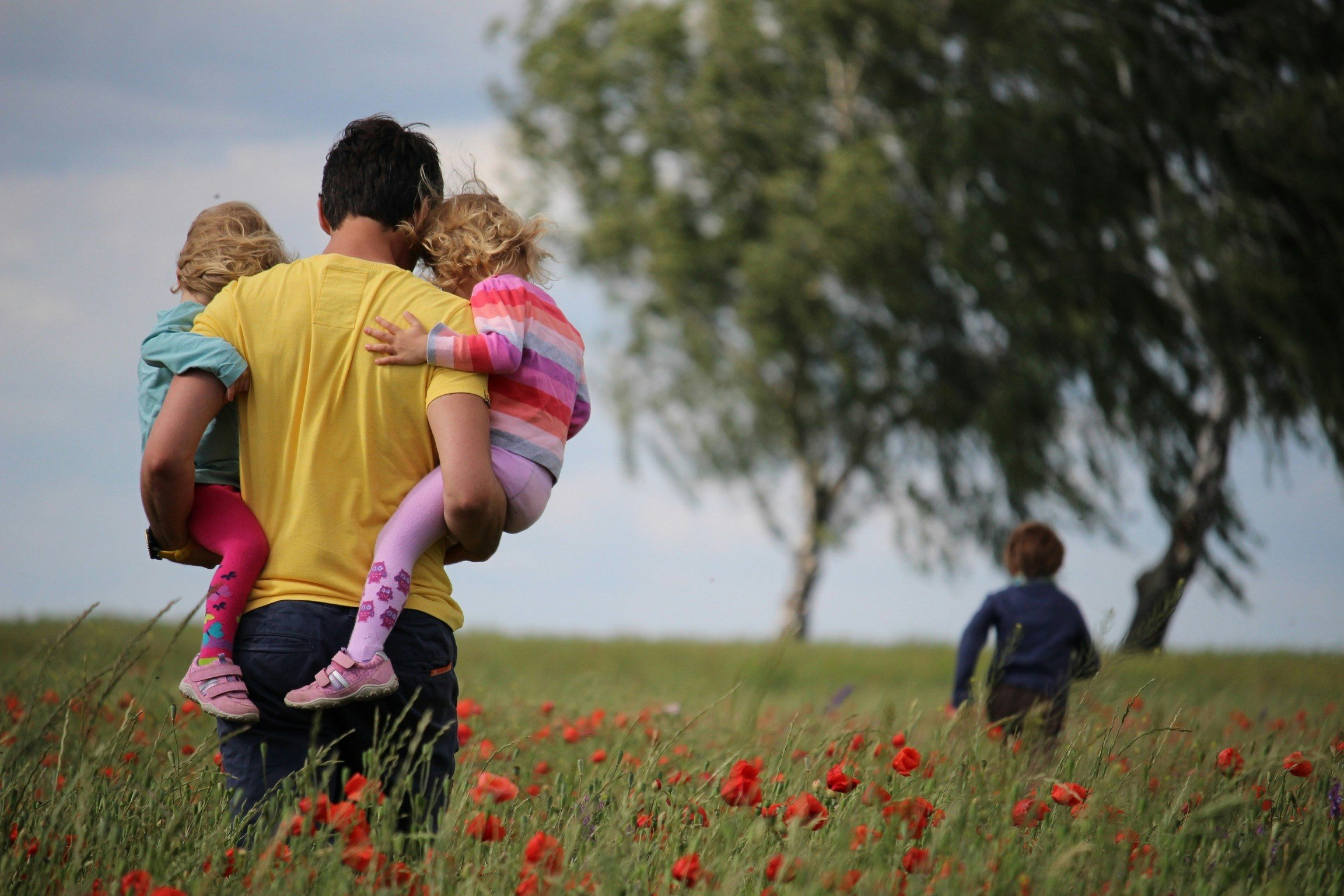

Molly | End of Year Reflection
My last year has been a whirl wind. The year has flown by and good things have came from it. I can honestly say that this has been one of the least stressful years of my life and I am so thankful for that. Let’s see, some of the highlights include celebrating my older kids second year adopt-i-versary, getting more nieces and nephews- which one of those is a set of twinies, eating healthier and exercising, my first born biological daughter hitting the double digits for her birthday, paying off some debt that has been around for a few years, and last (but certainly not least) graduating! This year has been one that I have felt very proud of and I want to share a bit about what is the same, what has changed, and what I want to see happen in 2020.

What If I Don’t Want To Move On?
Let’s just take a minute to stop and figure out what our priorities are. This doesn’t need to be a job. It can be an enjoyable experience. Figure out what you enjoy and how your ideal future looks and determine what is truly attainable.

Pride is for Everyone!
Pride month happens every June. It’s a time to celebrate love, expression, diversity, acceptance, and resilience. Pride month’s origin began just as a day to celebrate and recognize the adversity those who identified as gay overcame. Since then, so many others have joined in celebration of their sexual and gender differences-as you can see by the always increasing number of letters in the “LGBTQ+” abbreviation.

Alcohol Awareness Month
Fortunately for us, April is National Alcohol Awareness Month! You may be thinking to yourself, “Okay, I understand what alcohol is, why do we need a whole month recognizing what it’s all about?” Well, when we think about alcohol in terms of how it interacts with our society, relationships, health, and processing—we would probably still be talking beyond the month of April.

Reflection Over The Year: Tim
As I reflect back on 2018, I realize that this past year has brought about many changes to my life. Growth happens to be the word that comes to mind most often during my reflections. This happened in many parts of my life and I couldn’t be more pleased. Growing responsibilities, family, and realizations of my priorities have completely changed the way I view my life. This is difficult, as well as fulfilling.

The Practice of Gratitude
Ahhh, the wonderful time of year where everyone goes around the table and talks about what they are thankful for. Personally, I love winter holidays but, the idea of expressing what we are thankful for is something I strive for daily. Yep. You read that right. Every single day.

Social Support & Community: Chosen Family
Your chosen family are the ones you put as your emergency contact when you fill out paperwork because you know your mom would flip. It’s the sister you always wanted, the brother who loves you as you are, or simply a close friend.

PFLAG: The Parent’s Process
Wow. This is hard. Or maybe it’s not. But, it’s probably hard. If your child has recently come out as identifying on the LGBTQ+ spectrum, you might have said this is hard to yourself. Although we desire our children to grow up and live the way that feels right for them, we also create certain aspirations for them.
